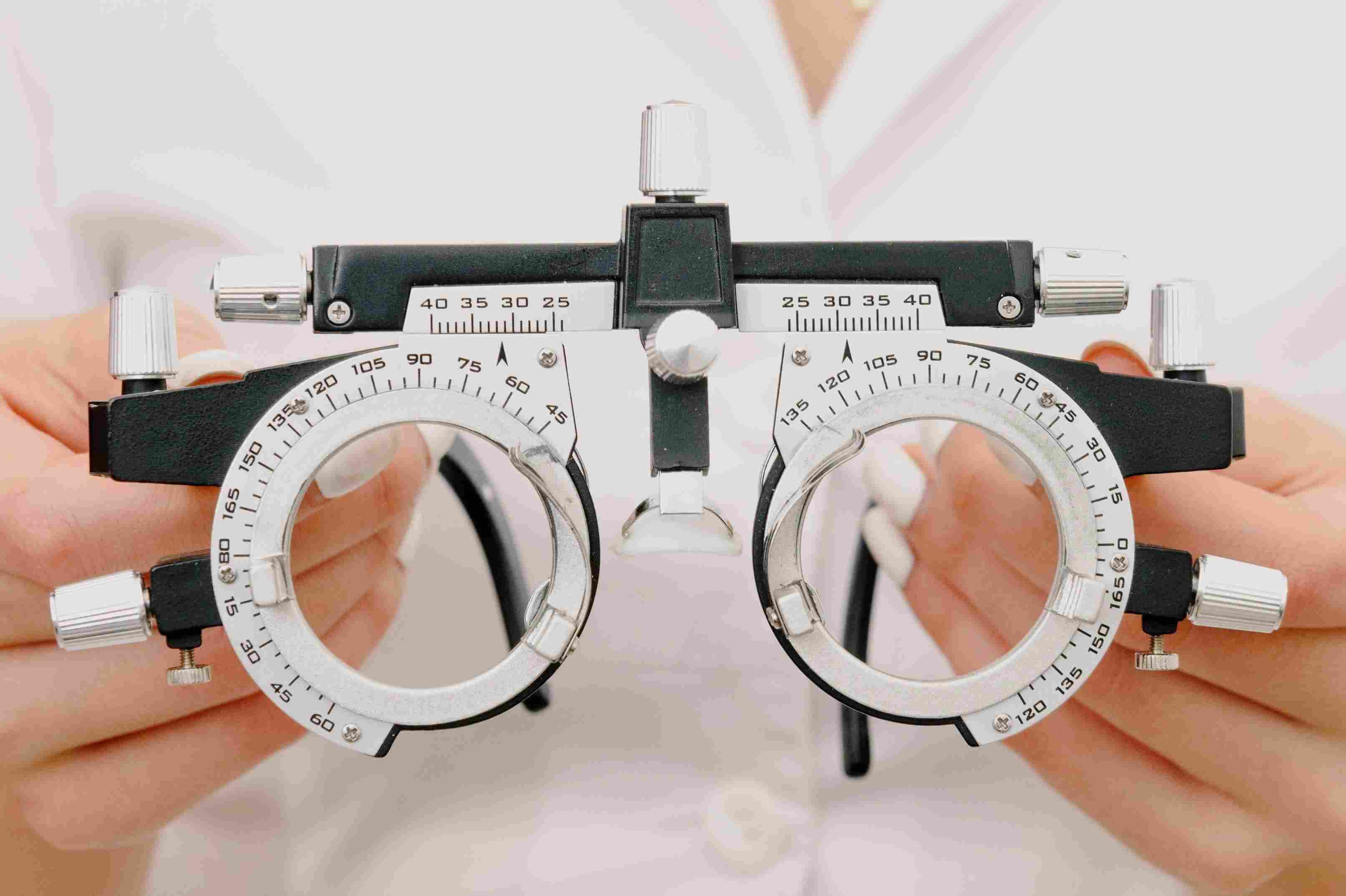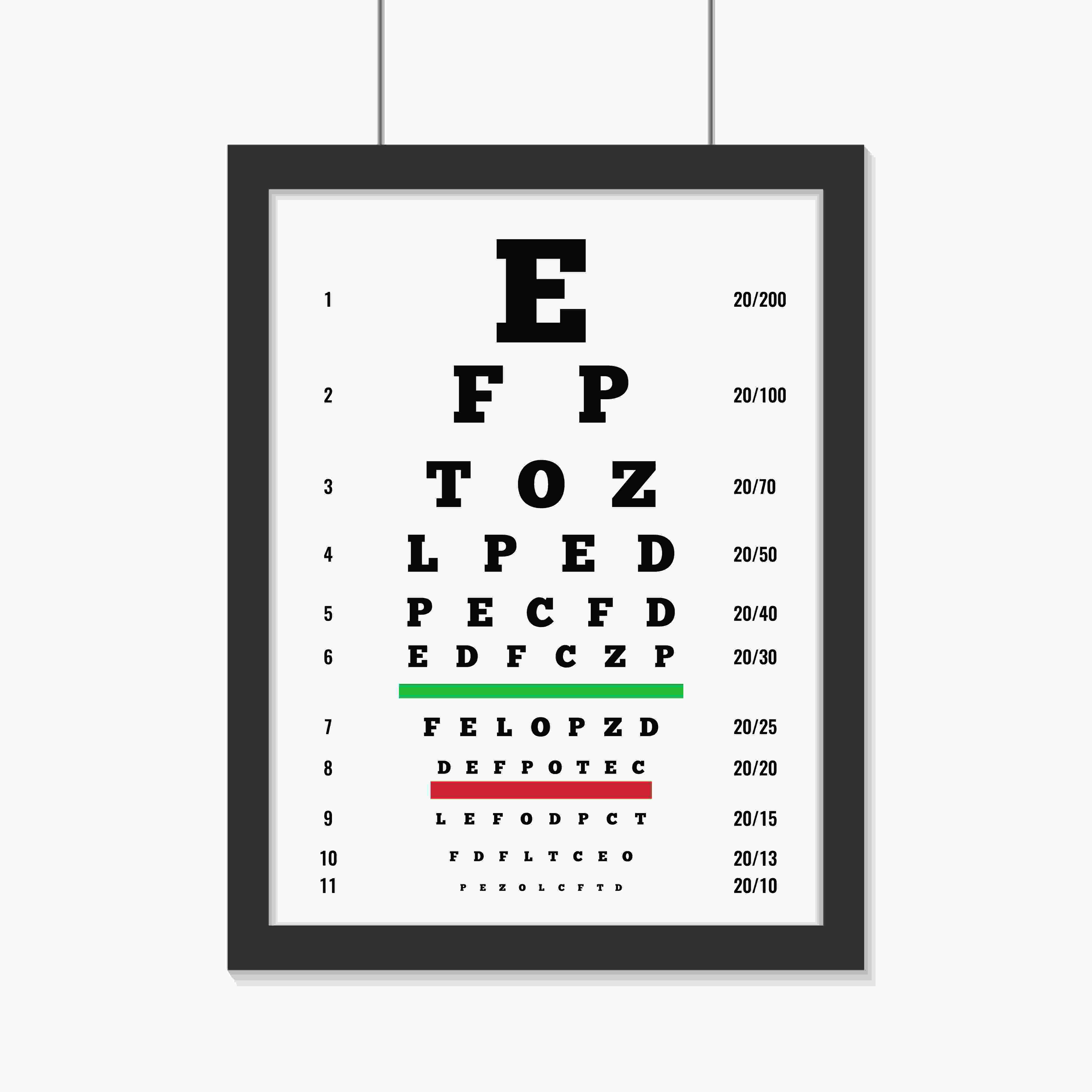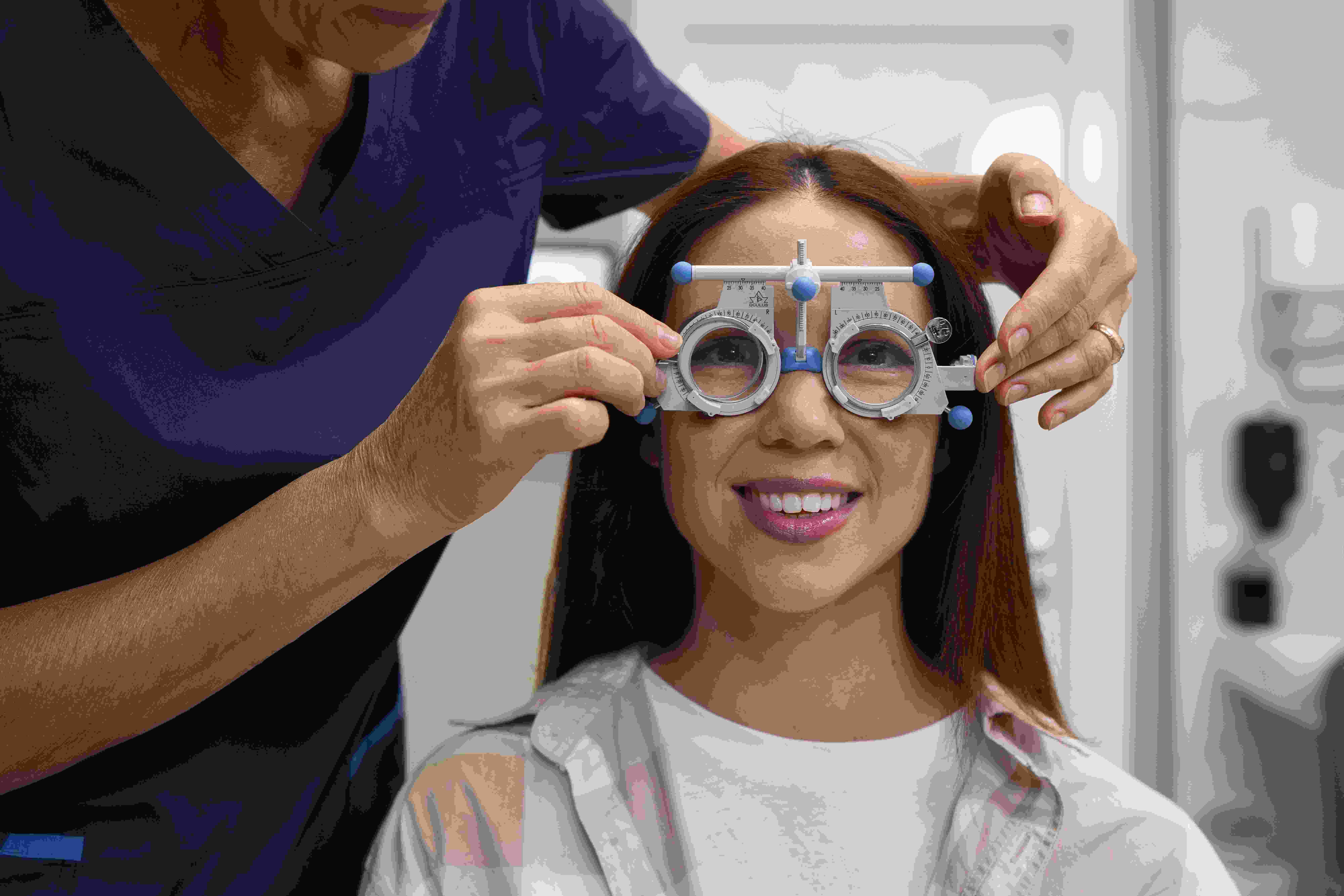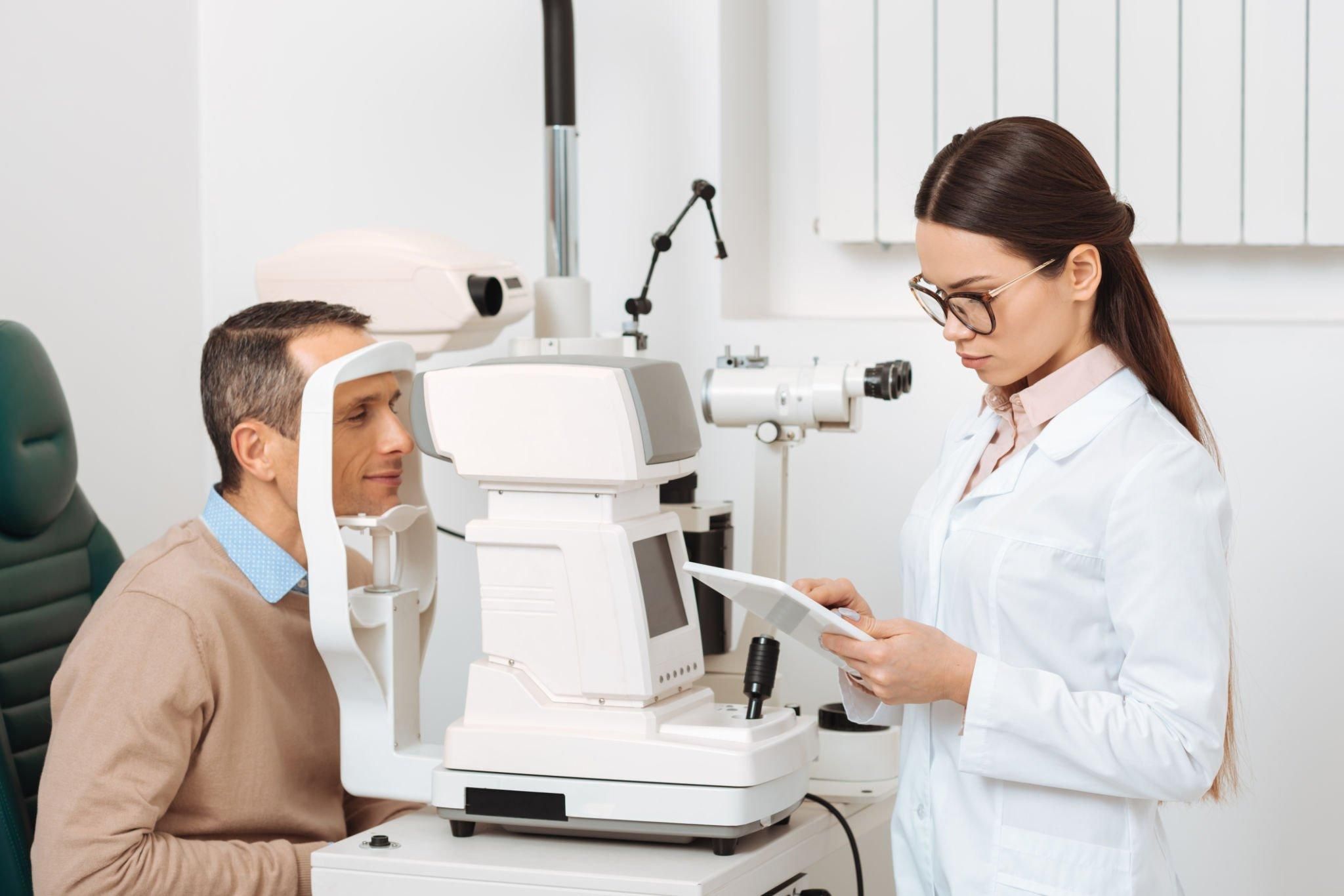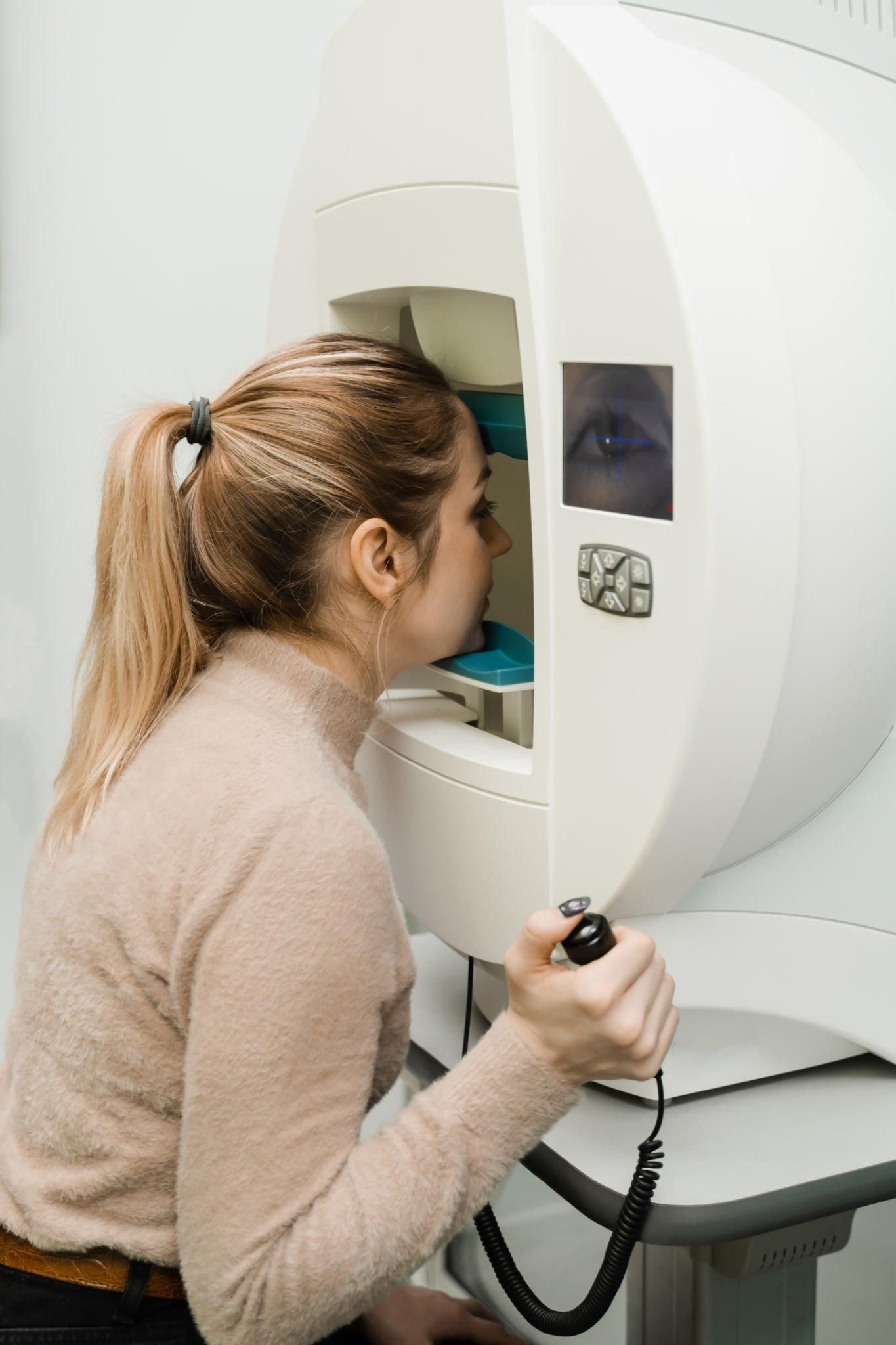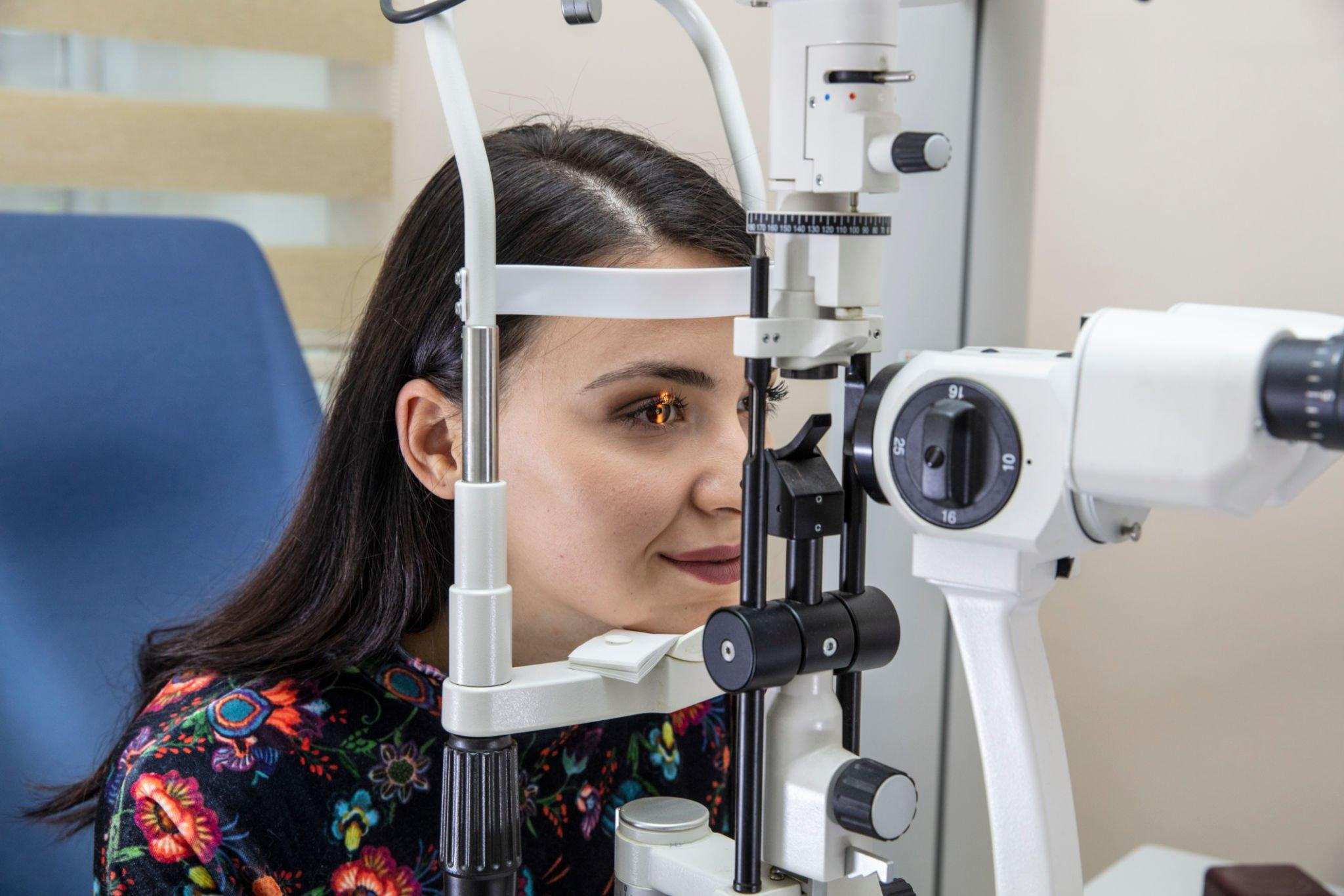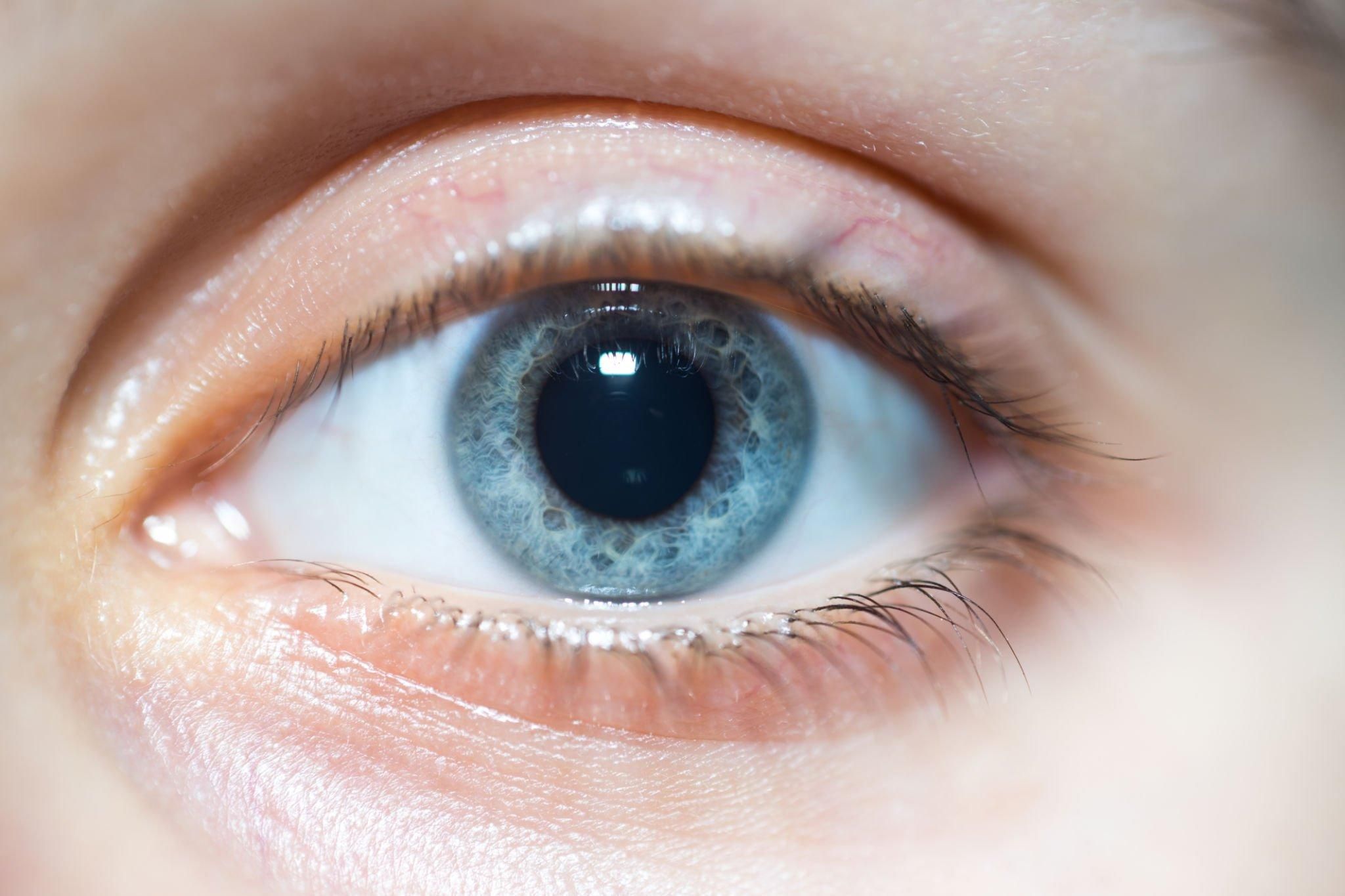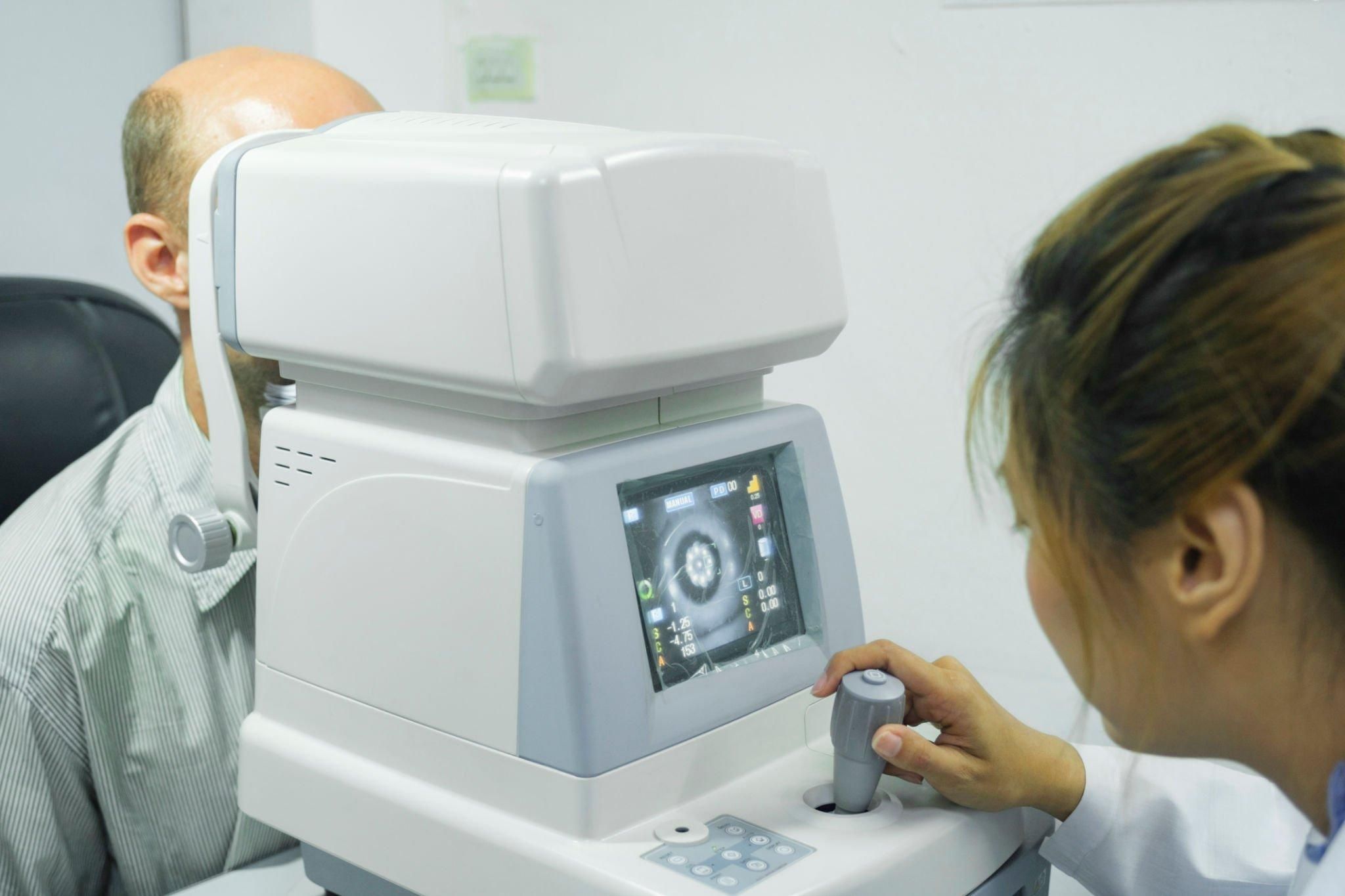Diabetic Retinopathy
Eye Condition treatments
Diabetic retinopathy is eye damage from diabetes, leading to vision impairment and potential blindness.
Explore

About Diabetic Retinopathy
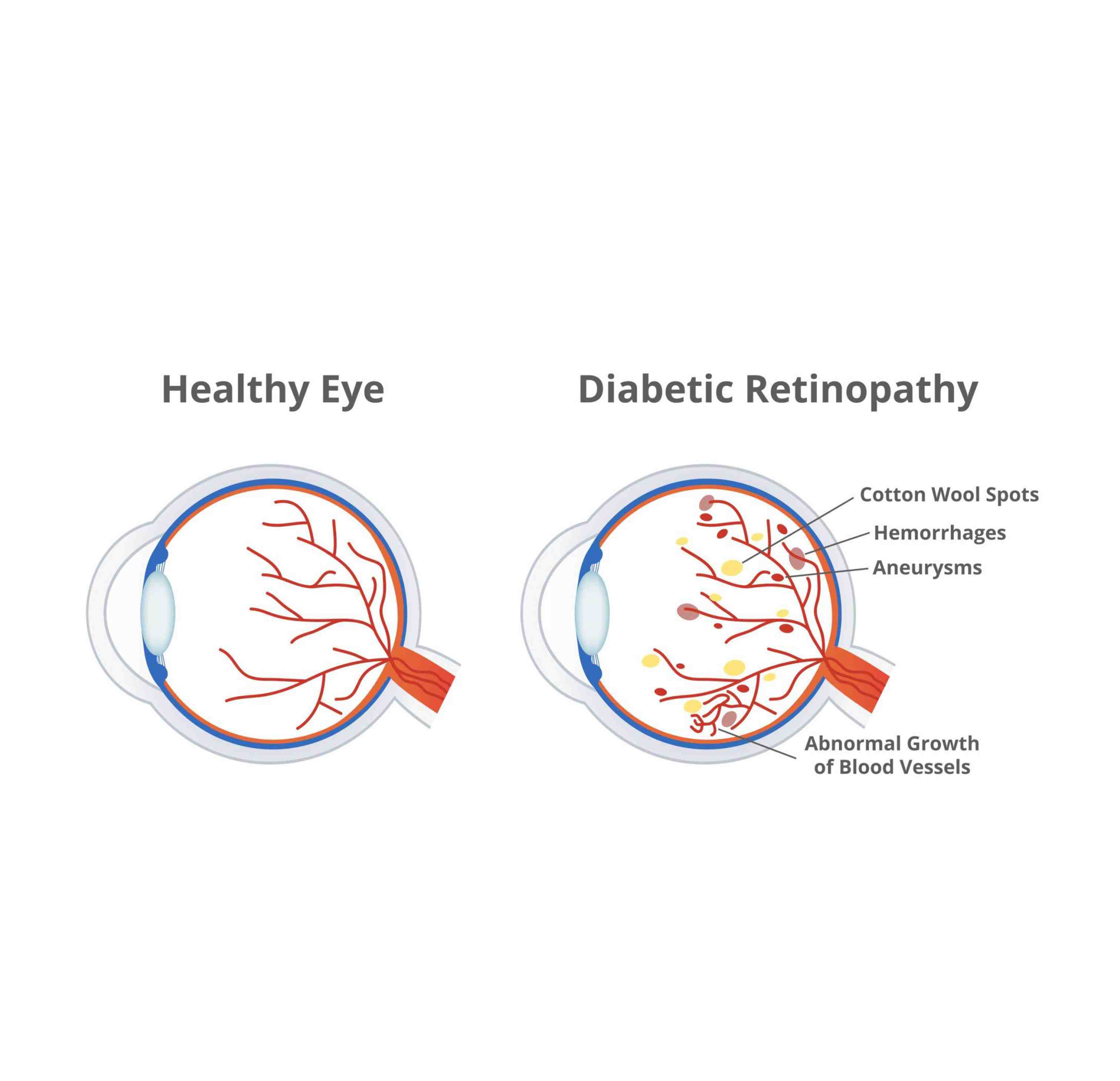
Protecting Vision: Understanding and Managing Diabetic Retinopathy in Eye Care
Diabetic retinopathy is a potentially sight-threatening condition that affects the retina and is associated with diabetes. It occurs when high levels of blood sugar damage the blood vessels in the retina, leading to vision impairment. As part of comprehensive eye care, understanding and managing diabetic retinopathy are essential for preserving vision and preventing complications.
Understanding Diabetic Retinopathy:
Diabetic retinopathy can progress through several stages:
- Mild Nonproliferative Retinopathy: Microaneurysms (small areas of swelling) occur in the retinal blood vessels.
- Moderate Nonproliferative Retinopathy: Blood vessels that nourish the retina become blocked.
- Severe Nonproliferative Retinopathy: More blood vessels are blocked, leading to a lack of blood supply to the retina.
- Proliferative Retinopathy: New blood vessels grow on the surface of the retina, which can leak blood and cause scar tissue.
Macular edema, the accumulation of fluid in the macula, can also occur, leading to central vision loss.
Diagnosis and Assessment:
Diagnosing diabetic retinopathy involves a comprehensive eye examination, including:
- Dilated Fundus Examination: Evaluates the retina for signs of damage, such as microaneurysms, hemorrhages, or new blood vessel growth.
- Fluorescein Angiography: Involves injecting a dye into the bloodstream to highlight blood vessels in the retina, helping to identify areas of leakage.
- OCT (Optical Coherence Tomography): Provides detailed imaging of the retina, allowing assessment of macular thickness and the presence of macular edema.
The Role of Diabetic Retinopathy Management in Comprehensive Eye Care:
Managing diabetic retinopathy is integral to comprehensive eye care for several reasons:
- Early Intervention: Timely detection and management can prevent or slow the progression of diabetic retinopathy.
- Control of Blood Sugar Levels: Maintaining optimal blood sugar levels is crucial for preventing and managing diabetic retinopathy.
- Intravitreal Injections: Medications may be injected into the eye to reduce macular edema and inhibit the growth of abnormal blood vessels.
- Laser Treatment: Laser therapy may be used to seal leaking blood vessels or reduce the growth of abnormal vessels.
- Surgical Intervention: In advanced cases, surgery may be recommended to remove blood or scar tissue from the eye.
- Patient Education: Understanding the condition and the importance of regular eye examinations empowers individuals to actively manage their eye health and diabetes.
Our commitment to comprehensive eye care includes the diagnosis and management of diabetic retinopathy. By providing personalized treatment plans and regular monitoring, we aim to preserve vision and improve the overall well-being of our patients with diabetes.

Other Services
Patient succes stories
Emma Davis
I recently underwent cataract surgery performed by Dr. Arup Chakrabarti, the Cataract surgeon at Dr. Ramesh Kumar Kurup & Sarada Memorial Hospital. Dr. Arup Chakrabarti's expertise and skill were evident throughout the entire process. The hospital's facilities were modern and well-maintained, creating a comfortable environment. Dr. Arup Chakrabarti's clear communication and personalized care made the entire experience smooth and reassuring. I am grateful for the excellent service provided by Dr. Chakrabarti and the dedicated staff at Sarada Memorial Hospital. I highly recommend their services for anyone considering cataract surgery.
Cataract surgeon
Dr. Arup Chakrabarti

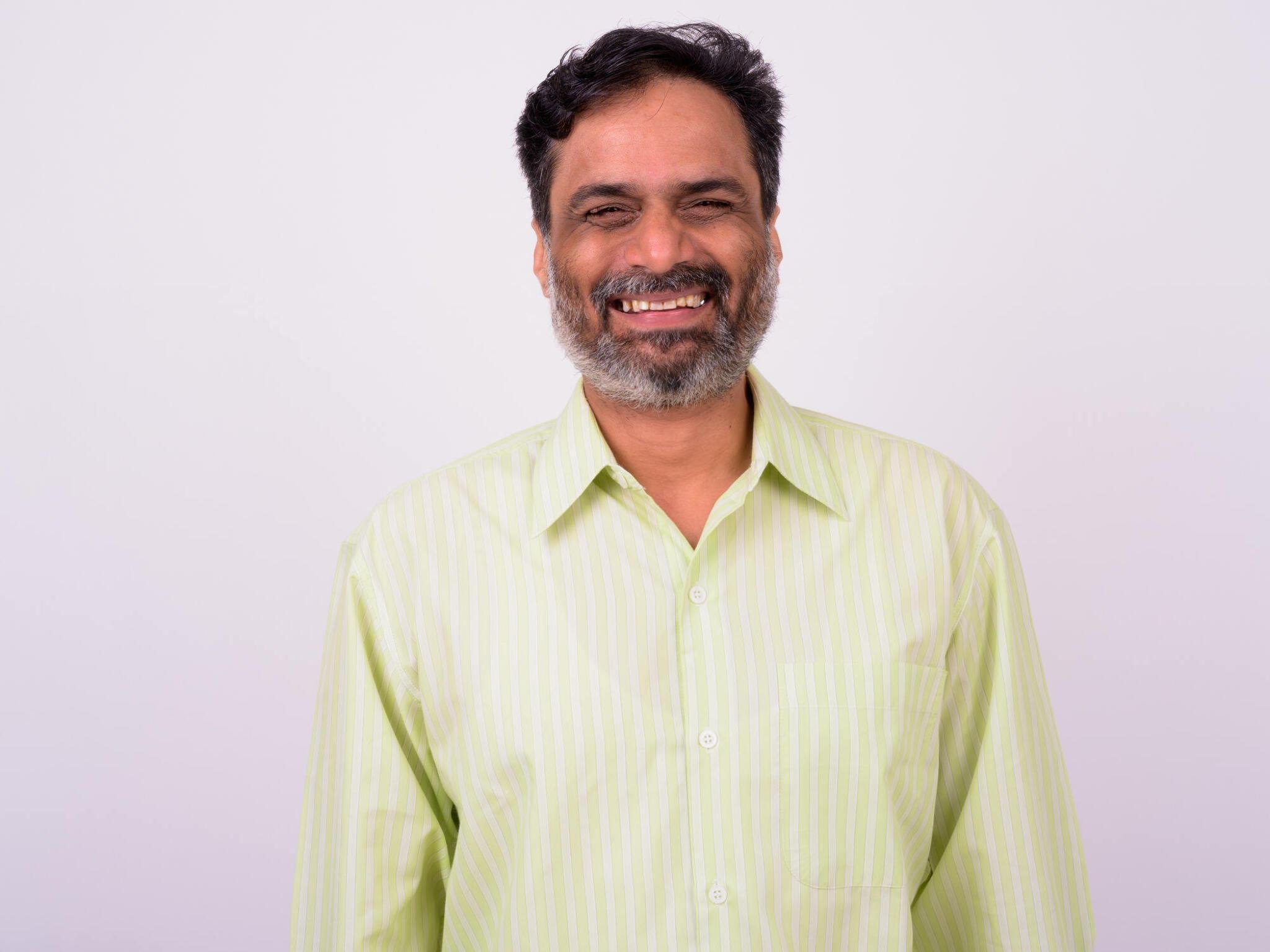
Mohan Pillai
I recently had the pleasure of being under the care of Dr. Meena Chakrabarti, a senior consultant at dr. Ramesh Kumar Kurup and Sarada Memorial Hospital. Dr. Meena Chakrabarti's professionalism and extensive knowledge in eye care were truly commendable. From the initial consultation to the follow-up appointments, her dedication to patient well-being was evident. The hospital's facilities were modern, and the support staff was efficient and courteous. Dr. Meena Chakrabarti's personalized approach and thorough explanations instilled confidence in the treatment process. I highly recommend Dr. Chakrabarti and Dr.Ramesh Kumar Kurup Sarada Memorial Hospital for their exceptional eye care services.
Senior Consultant
Dr. Meena Chakrabarti
